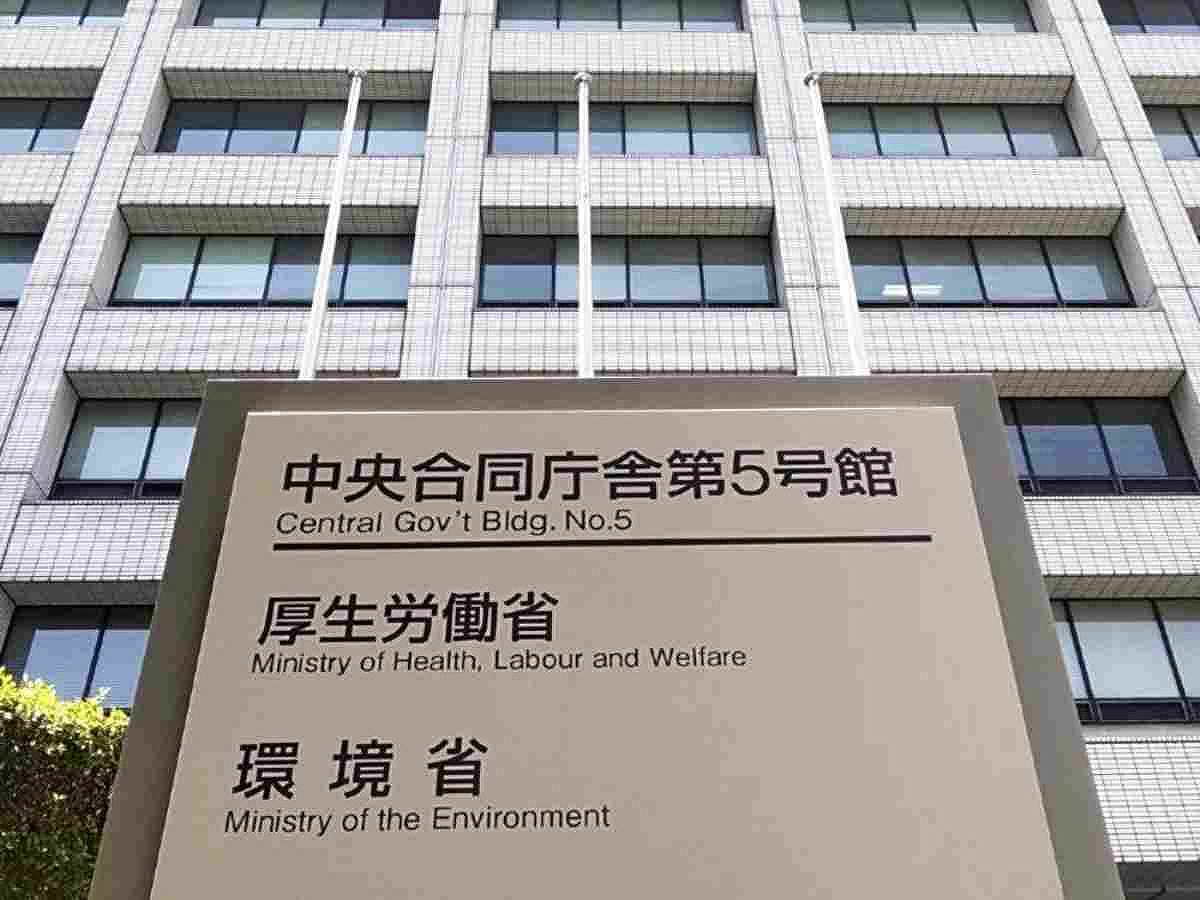Japan’s Exam for Care Workers to Be Heavily Revised as More Foreigners Sought; Test-takers Will Be Able to Pass in Parts

The Health, Labor and Welfare Ministry in Chiyoda Ward, Tokyo
18:00 JST, July 23, 2024
The government has decided to drastically revise the national exam system for certifying care workers in a bid to increase personnel in the field, particularly foreign personnel, The Yomiuri Shimbun has learned.
The planned revision will divide the exam into three parts, so that repeat test-takers will only need to sit again for the parts of the test they previously failed.
The revision aims to make it easier for foreign nationals and others to acquire the qualification while working, thereby ensuring there will be more nursing care professionals ahead of 2040, when the elderly population in Japan is expected to near its peak.
The Health, Labor and Welfare Ministry plans to introduce the revised exam in fiscal 2025.
The computer-scored multiple-choice test is held once a year. Currently, examinees are tested on their knowledge in 13 subjects, including understanding dementia and communication skills. They must answer about 60% of the 125 questions correctly to pass the exam.
The ministry plans to divide the 13 subjects into three areas. Under the revised system, test-takers will be exempted from taking the test for the areas they pass in their first year. This will allow examinees to concentrate solely on studying the areas they have failed in preparation for the next year.
The new system is expected to help increase the pass rate for foreign nationals who retry the exam while working, and boost the number of foreign certified care workers from about 10,000 at present.
There are about 43,000 foreign nationals working at nursing homes and other facilities whose residence status is “specified skilled worker” or “technical intern trainee.” They are allowed to take the exam to become care workers after they have worked in the nursing field for three years.
If they become certified care workers after passing the exam, they will no longer be limited in how many times they can extend their period of stay, and they will be able to bring their families to Japan, providing major benefits to both the foreign workers and their workplaces. Many facilities also offer increased pay for certified workers.
Foreigners with the residence status of specified skilled worker or technical intern trainee can stay in Japan for up to five years, and can take the examination twice.
The exam is said to require about 250 hours of study to pass. Some argue that it is hard for foreigners in this situation to balance work and school.
Even among foreign students in vocational schools, the pass rate is less than 40%. This is far below the overall pass rate of 80%.
According to the ministry, there were 2.15 million nursing care workers in fiscal 2022. In fiscal 2040, 2.72 million caregivers will be needed, and there is expected to be a shortage of 570,000 carers.
“As a relief and support measure for foreigners who can’t pass the exam during their stay, it would be good to consider extending the period of stay by one year as an exception for those who wish to take the exam again,” said Terumi Yoshida, professor at Nagoya City University.
Certified care workers are professionals who have acquired the skills and knowledge necessary to care for the elderly and disabled. They play a central role in caring for those elderly people in nursing homes who need extra help.
The certification was established in 1987. Currently, there are about 1.94 million certified care workers. About 74,600 people took the exam in January, down by half from a decade ago.
Related Tags
Top Articles in Society
-

Producer Behind Pop Group XG Arrested for Cocaine Possession
-

Man Infected with Measles Reportedly Dined at Restaurant in Tokyo Station
-

Man Infected with Measles May Have Come in Contact with Many People in Tokyo, Went to Store, Restaurant Around When Symptoms Emerged
-

Woman with Measles Visited Hospital in Tokyo Multiple Times Before Being Diagnosed with Disease
-

Australian Woman Dies After Mishap on Ski Lift in Nagano Prefecture
JN ACCESS RANKING
-

Producer Behind Pop Group XG Arrested for Cocaine Possession
-

Japan PM Takaichi’s Cabinet Resigns en Masse
-

Man Infected with Measles Reportedly Dined at Restaurant in Tokyo Station
-

Israeli Ambassador to Japan Speaks about Japan’s Role in the Reconstruction of Gaza
-

Videos Plagiarized, Reposted with False Subtitles Claiming ‘Ryukyu Belongs to China’; Anti-China False Information Also Posted in Japan























